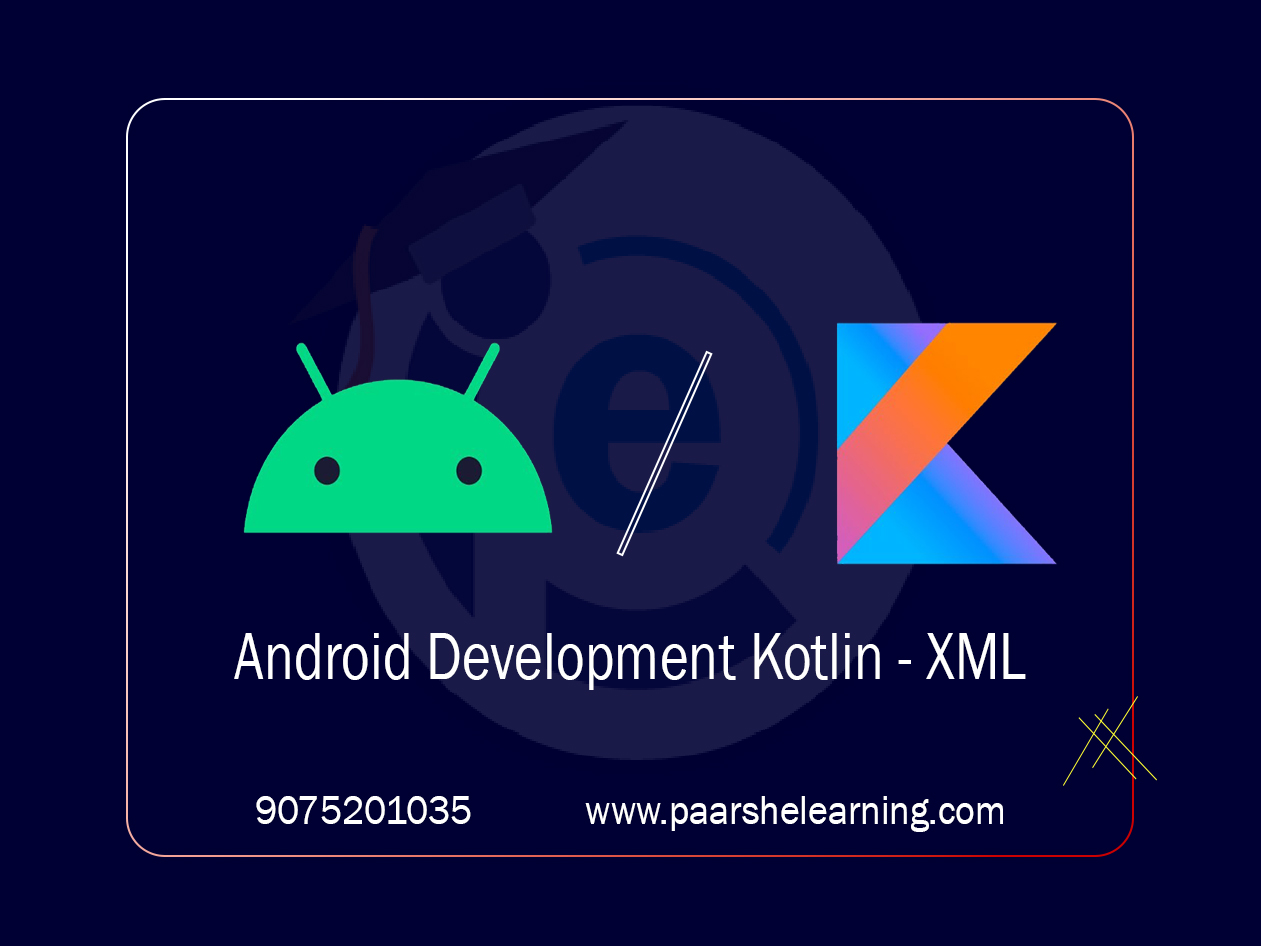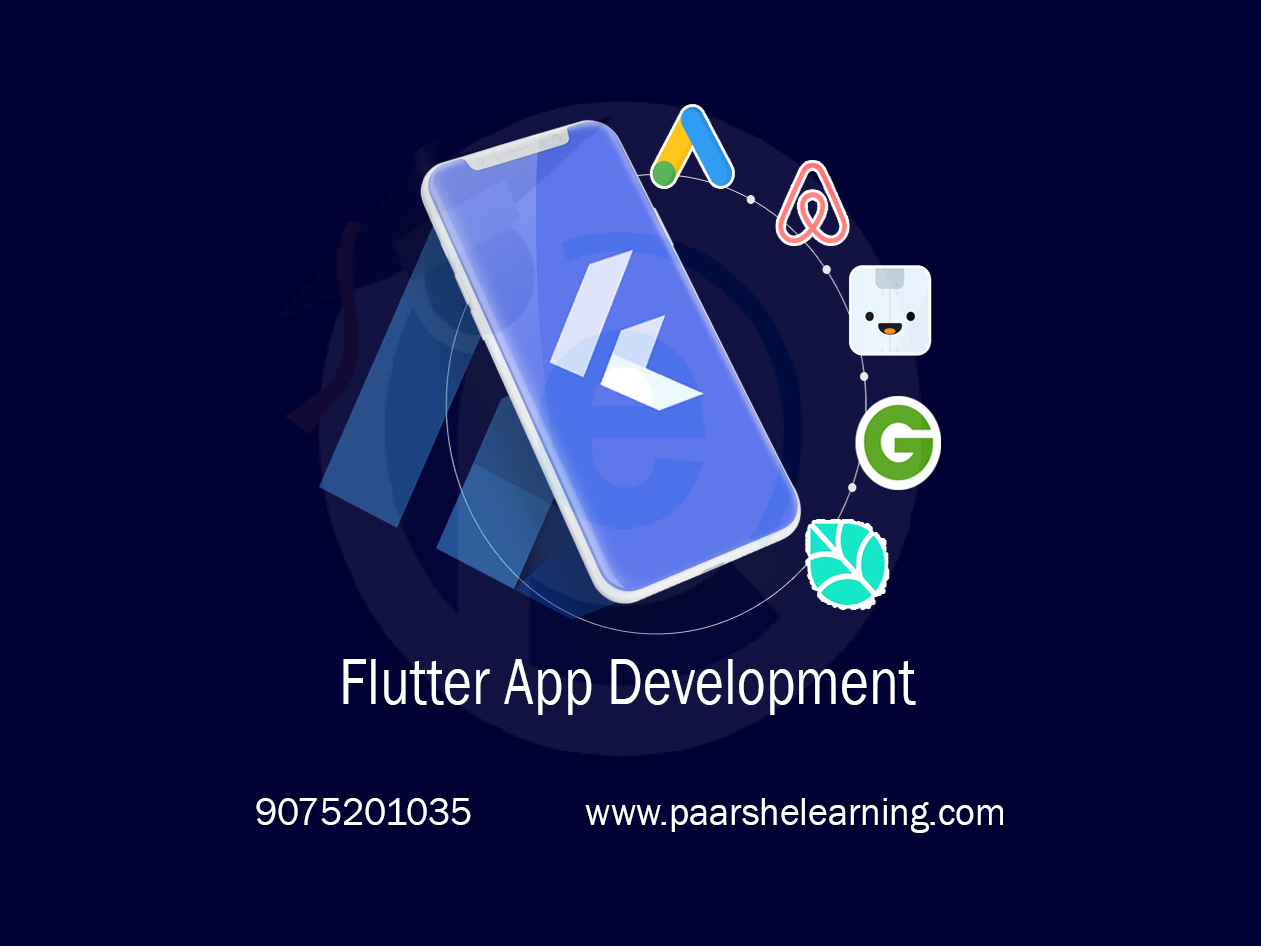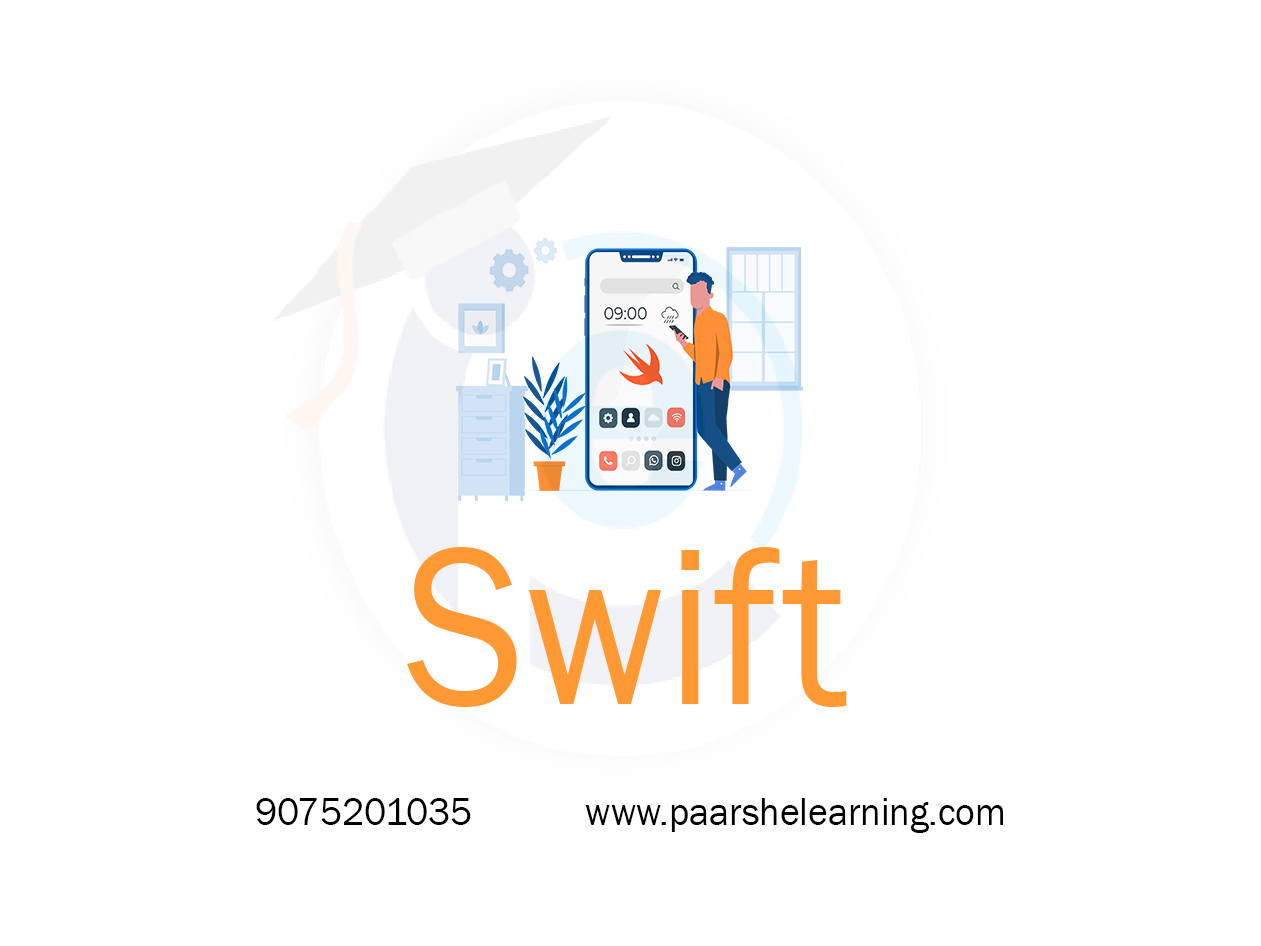- Learn JavaScript and React: React Native uses JavaScript and React, so it's important to understand the basics of these technologies before diving into React Native.
- Paarsh E-Learning is invite students to learn React Native, ranging from beginner to advanced levels. Choose a course that covers the fundamentals of React Native, such as building components, navigation, state management, and using APIs.
- Build real-world apps: Practice building real-world apps to apply what you've learned and gain experience with React Native development. This will help you develop your skills and prepare you for real-world projects.
- Join React Native communities: Join online communities such as the React Native community on Reddit, Slack, or Discord. This will give you access to helpful resources and connect you with other developers who can help you with any problems or questions you have.
React Native
Course description
React Native is a popular framework for building cross-platform mobile applications using the JavaScript programming language. If you're interested in learning React Native, here are some prerequisites that can be beneficial:
-
JavaScript Fundamentals: React Native uses JavaScript as its primary programming language. Make sure you have a solid understanding of JavaScript concepts, including variables, data types, control structures (loops and conditionals), functions, and objects. Familiarize yourself with concepts like scope, closures, and asynchronous programming.
-
React.js: React Native is built on top of React.js, a JavaScript library for building user interfaces. It's recommended to have a good understanding of React.js concepts, such as components, JSX (JavaScript XML) syntax, state management, and lifecycle methods. React Native follows many of the same principles as React.js.
-
Integrated Development Environment (IDE): Choose an Integrated Development Environment for React Native development, such as Visual Studio Code or WebStorm. These IDEs provide tools and feature specific to JavaScript development, including code completion, debugging, and project management.
-
Node.js and npm: Install Node.js and npm (Node Package Manager) on your machine. React Native uses npm to manage project dependencies and packages. You'll need Node.js to run JavaScript code outside of a web browser and to use the React Native command-line interface (CLI).
-
React Native Setup: Set up your development environment for React Native. You'll need to install the React Native CLI and set up the required Android and/or iOS development tools depending on your target platforms. Follow the official React Native documentation for instructions on setting up React Native on your operating system.
-
React Native Components: Understand the basic components and APIs provided by React Native. Learn about core components like View, Text, Image, TextInput, ScrollView, and FlatList. Gain knowledge of styling components using inline styles or style sheets.
-
Navigation: Learn how to handle navigation between screens in a React Native app. Explore navigation libraries like React Navigation, which provides different navigation patterns such as stack navigation, tab navigation, and drawer navigation.
-
State Management: Understand different state management approaches in React Native, such as using React's built-in state management, the Context API, or popular third-party libraries like Redux or MobX. Learn how to manage and update the state of your React Native applications efficiently.
-
APIs and Integration: Explore how to work with device APIs and third-party libraries in React Native. Learn how to access device features like the camera, geolocation, or sensors using native modules or community packages. Integrate with web APIs or use libraries for handling networking, data persistence, and authentication.
-
Resources and Learning Materials: Utilize online tutorials, video courses, and books dedicated to teaching React Native development. The official React Native documentation (react-native. dev) provides comprehensive guides, API references, and sample code for various aspects of React Native development.
-
Practice and Projects: Apply your knowledge by working on hands-on coding exercises and building small React Native applications. Building practical projects will help solidify your understanding and improve your problem-solving skills.
As you progress in React Native development, you can explore advanced topics such as navigation patterns, state management libraries, performance optimization, integrating with native modules, testing, and publishing your apps to the respective app stores.
What you will learn from this course?
This course includes!
- Daily Live session
- A recorded session with problem-solving material
- Access on Mobile and TV
- Certificate of completion
- Recommendation Letter
- 100% Job Placements
This course is for
- Beginner developers who want to learn how to build mobile applications using React Native.
- Experienced web developers who want to expand their skills into mobile app development.
- Mobile app developers who want to learn a new technology for building cross-platform mobile apps.
- Individuals who want to create their own mobile app or work as a freelance mobile app developer.
Prerequisites for this course
- Basic programming knowledge: You should have some understanding of programming concepts such as variables, data types, conditional statements, and loops.
- Familiarity with JavaScript and React: React Native uses JavaScript and React, so it's important to have a basic understanding of these technologies.
- Familiarity with mobile app development: It can be helpful to have some prior experience with mobile app development, but it's not necessary.
React Native Syllabus
-
Introduction To React Native
Understanding React Native as a framework for cross-platform app development Setting up React Native development environment Basics of JavaScript ES6 syntax and concepts Creating a simple "Hello World" app in React Native
-
React Native Components And Styling
Introduction to React Native components and their lifecycle Working with core components (View, Text, Image, etc.) Styling React Native components using StyleSheet Creating responsive layouts with Flexbox
-
Navigation And Routing
Implementing navigation between screens using React Navigation Creating stack navigators, tab navigators, and drawer navigators Passing data between screens using navigation props Handling navigation events and transitions
-
State Management
Understanding state management approaches in React Native (useState, Redux, MobX, etc.) Managing local state using the state hook Using Redux for global state management Implementing Redux middleware and connecting components
-
Networking And Api Integration
Making HTTP requests using the Fetch API or Axios Handling JSON data and working with APIs Implementing error handling and loading indicators Using async/await for asynchronous programming
-
Persistence And Local Storage
Saving and retrieving data from local storage using AsyncStorage Using SQLite databases for local data storage Working with key-value storage using libraries like react-native-storage Implementing data caching for better user experience
-
Native Modules And Libraries
Integrating native modules for platform-specific functionality Using third-party libraries for enhanced features Bridging between React Native and native code (Java/Kotlin for Android, Swift/Objective-C for iOS) Understanding the importance of native code for performance optimization
-
Advanced Topics And Final Project
Animations and gesture-based interactions in React Native Integrating third-party APIs and services Building a complete React Native app as a final project Deployment and publishing of React Native apps to app stores
-
Paarsh E-Learning encourages hands-on practice, assignments, and projects throughout the course to reinforce students' understanding of React Native app development concepts. Assign projects that gradually increase in complexity to challenge their skills. Cover both theoretical concepts and practical coding exercises to provide a well-rounded learning experience.




